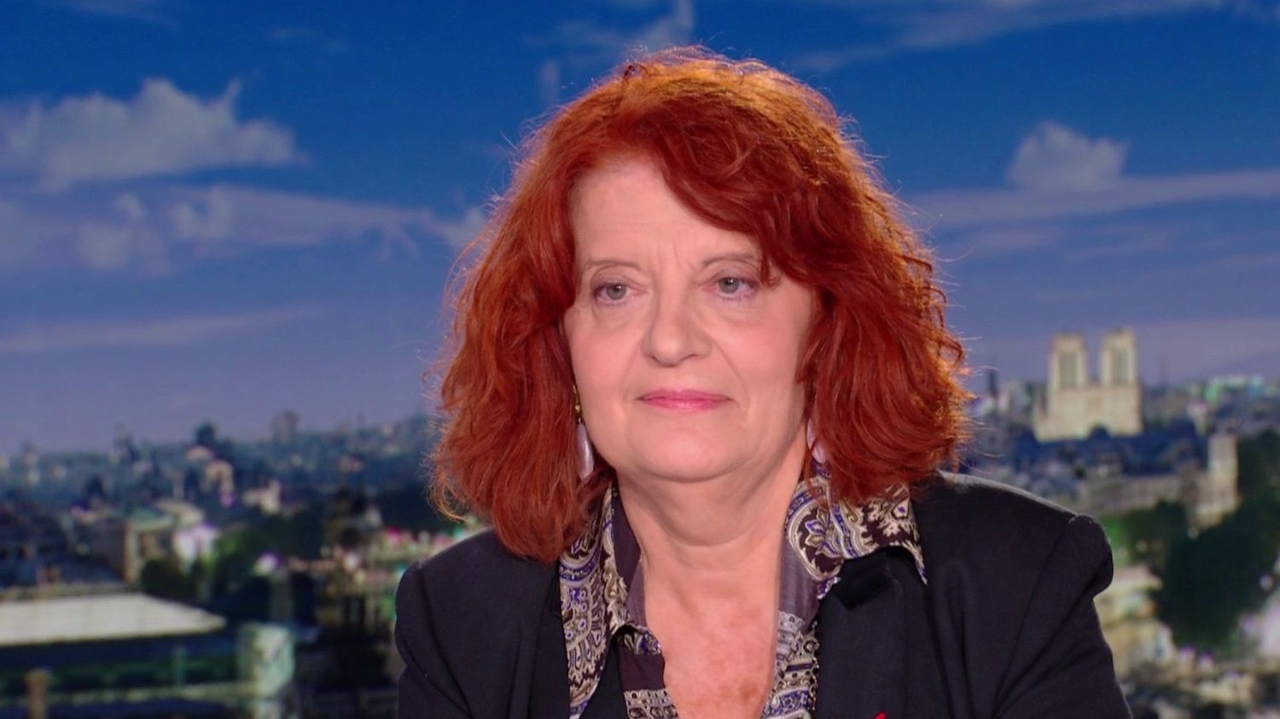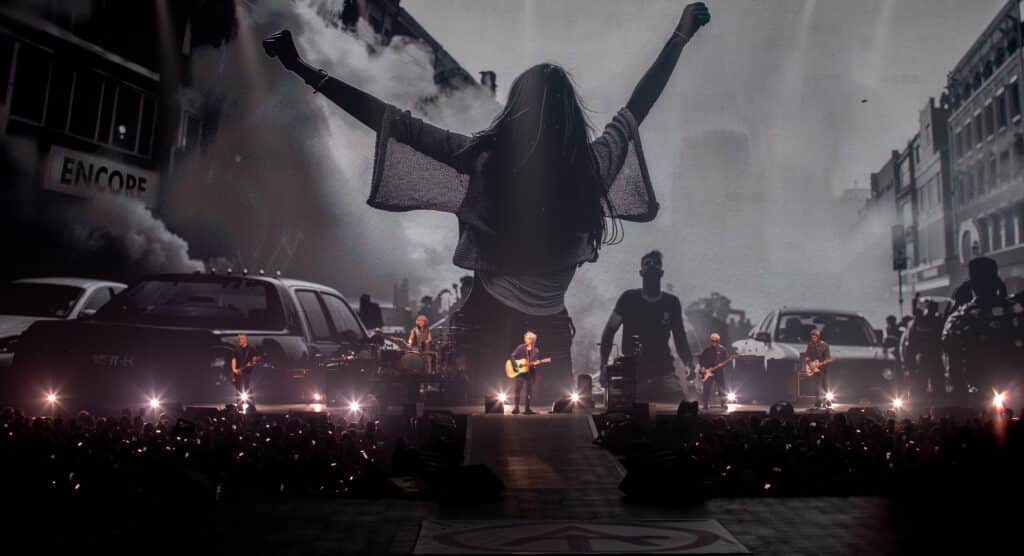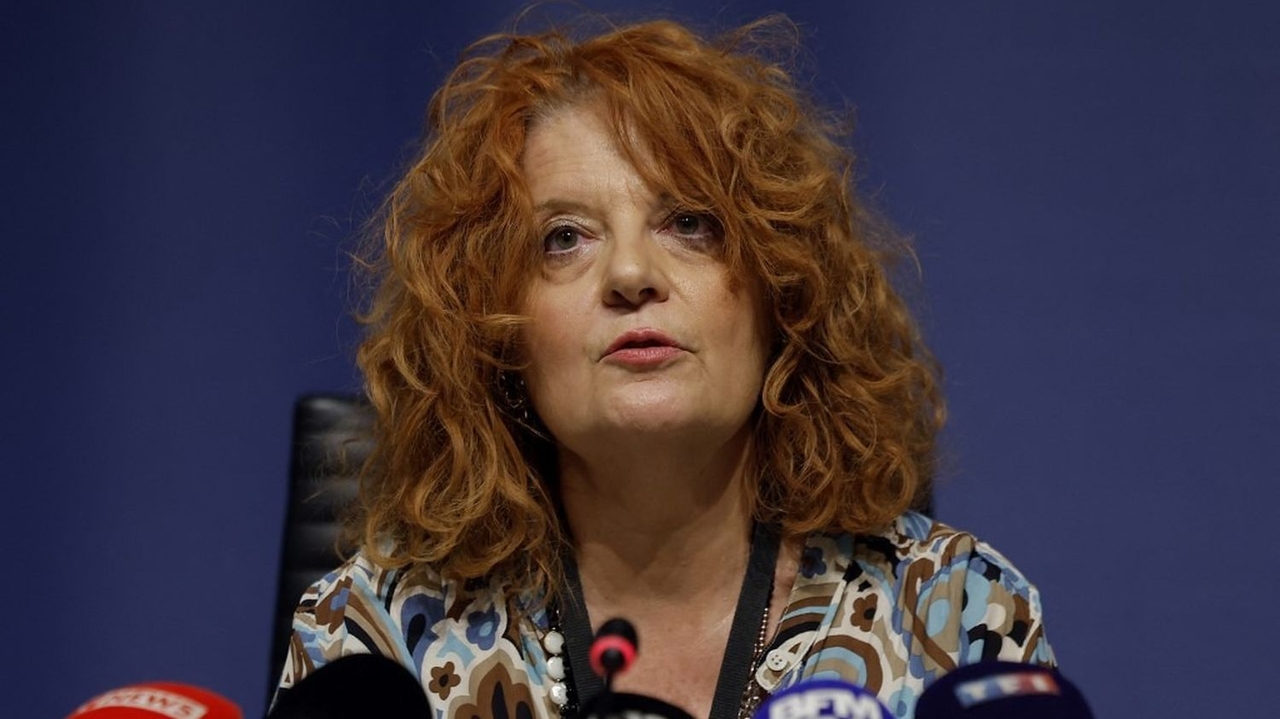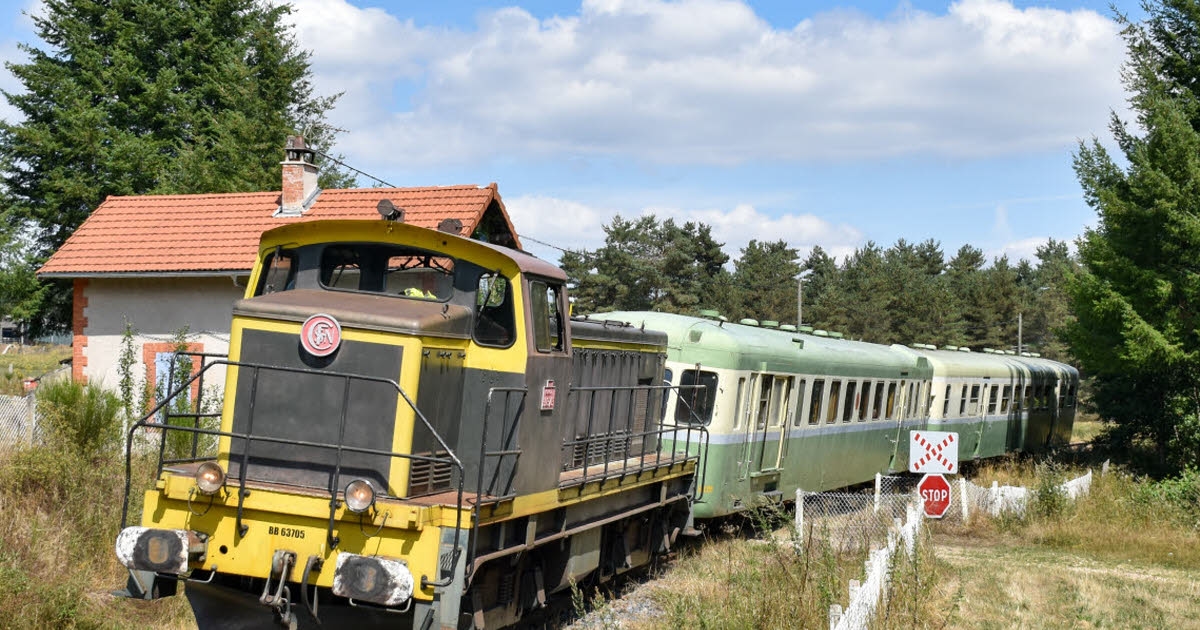Louvre robbery: Laure Beccuau, the Paris Public Prosecutor, describes an "extremely well-prepared operation"

On Wednesday, October 29, one of the two suspects was formally charged in connection with the investigation into the theft at the Louvre Museum in Paris. Laure Beccuau, the Paris public prosecutor, was a guest on the 8 PM news.
This text is part of the transcript of the interview above. Click on the video to watch the full interview.
She is in charge of the most high-profile investigation of the year, a manhunt that the whole world has been watching for ten days now following the spectacular robbery at the Louvre Museum . The Paris public prosecutor, Laure Beccuau, was a guest on the 8 PM news.
Jean-Baptiste Marteau: First, we mentioned two people who have been in police custody for three and a half days. They are before an investigating judge. What is the current status of the case?
Laure Beccuau: Before coming onto your set, I was informed that one of the two accused had just been charged with the offenses we have retained, namely organized robbery and criminal association.
Jean-Baptiste Marteau: The other one should be this evening?
Laure Beccuau: The investigations at the level of the investigating magistrates are continuing and, obviously, the charges will be linked to the continuation of this evening.
Jean-Baptiste Marteau: You mentioned earlier in the press conference that these two suspects have partially admitted to the facts. Concretely, what does that mean? What have they admitted?
Laure Beccuau: So, what I mean by that is that they acknowledged their involvement in the theft while not detailing the entire organization and, obviously, perhaps the entirety of their participation.
Jean-Baptiste Marteau: Are these the people we see in the images, who were present in the Apollo gallery?
Laure Beccuau: Well, on that point, since their statements could change, obviously we can't draw that conclusion from them. However, I can share one conviction: based on the objective evidence we have in the proceedings, the investigators and the magistrates of the prosecutor's office are all convinced that the two people presented today are indeed the ones who were in the Apollo Gallery.
Jean-Baptiste Marteau: You said they changed vehicles on the way there and back. Does that mean we're dealing with an extremely well-prepared, meticulously orchestrated operation?
Laure Beccuau: This operation was indeed extremely well-prepared, as all the perpetrators used relay vehicles and managed to acquire the cherry picker truck that allowed them access to the Apollo Gallery. They had the necessary tools. They had planned to set fire to the cherry picker truck, meaning they had considered the traces they might leave behind. But the extremely rapid intervention of a police patrol and Louvre Museum security guards put an end to this plan to set fire to the vehicle.
Jean-Baptiste Marteau: They left a lot of clues. From your experience, from what you know about this type of case, are these two suspects from organized crime?
Laure Beccuau: We must be wary today of the rise of organized crime, as we've seen in high-profile cases like the [Mohamed] Amra case or in the kidnappings of cryptocurrency entrepreneurs. Organized crime today is a combination of profiles. You have highly experienced individuals, and then you have people who can be recruited on social media, even without a criminal record, to immediately rise to the top of the organized crime spectrum. So, trying to predict the profiles of a group is rather pointless. It's through arrests that we discover how the group was formed.
Jean-Baptiste Marteau: The two people arrested are not necessarily the most experienced. They may have been a little overwhelmed during the operation.
Laure Beccuau: We have two different profiles, if I base my judgment on their criminal records. One of them does indeed have a criminal record that is primarily related to traffic offenses. On the other hand, the other already has several convictions for theft, including one that involved attacking an ATM with a car, which is certainly a sign of determination and involvement in a form of organized crime.
Jean-Baptiste Marteau: You stated that at least four people participated in this burglary. Does that mean you don't rule out the possibility that there were many more, that the network was much larger?
Laure Beccuau: Nothing can be ruled out at this stage of the investigation, even though it has already made tremendous progress. Because the network could have been structured with those who would supply the vehicles in mind, those who would carry out reconnaissance, perhaps even a mastermind. All of this is still just speculation at this point.
Jean-Baptiste Marteau: There are at least two more people?
Laure Beccuau: There are at least two more people with all certainty since we see them on CCTV footage from both the city of Paris and the Louvre Museum, as well as other video protection systems.
Jean-Baptiste Marteau: We know you can't tell us everything. At least these two additional people have been identified. Do you have any DNA evidence?
Laure Beccuau: We have some leads. Whether they have been identified is another aspect of the investigation that will allow me to confirm that.
Jean-Baptiste Marteau: Regarding the jewelry, you said in the press conference, "it is not yet in our possession." Does that mean you think we will get it back one day?
Laure Beccuau: I want to hold onto this hope, this conviction. I base it on several factors. For several months now, the Paris public prosecutor's office has been investigating thefts within museums. [...] Each time, not only have we had indictments, but at least two of those involved, along with some of the stolen jewelry, have been recovered, sometimes through negotiation, voluntary restitution, and other times thanks to the actions of the investigating authorities.
Jean-Baptiste Marteau: It was probably a commissioned robbery. Do you know if it was commissioned by a group or by individuals?
Laure Beccuau: I wouldn't go so far as to say there's a sponsor with absolute certainty. Again, their involvement is possible, but we could also have considered the addition of different types of profiles that are now targeting museums. It's important to understand that our museums—and not just ours, museums across Europe—can be targeted by organized crime networks that have identified these potential targets and consider them easy targets.
Jean-Baptiste Marteau: But you said that these jewels are now unsellable. Does that mean that perhaps a collector specifically requested they be stolen? Is that a possibility?
Laure Beccuau: That's one possibility among others. And when I spoke of unsellable jewelry, what I meant was that it's unsellable through legal channels. Anyone who tries to seize it, sell it, or even just possess it, can be prosecuted for receiving stolen goods and face the penalties prescribed for that crime.
Jean-Baptiste Marteau: Do you think this investigation will last for days, weeks, months?
Laure Beccuau: Given the mobilization of investigators, the technicality that I have already had the opportunity to highlight, I hope that it will experience major accelerations, because time will be on our side.
Francetvinfo



